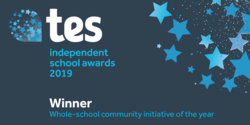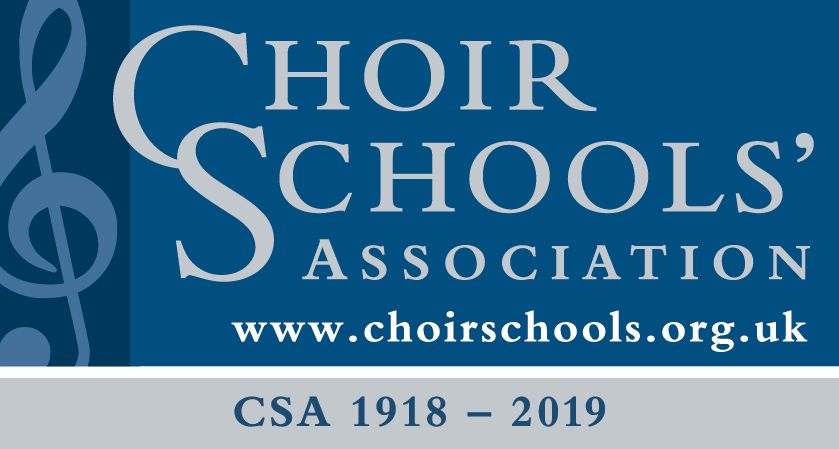History
Where the subject can take you
History is an endlessly enjoyable and fascinating subject. Beyond that, there are three important reasons why you can’t go wrong with History.
First, the study of History gives pupils an unmatched understanding of the interconnected world in which we live, its varied people, and how and why societies have developed as they have. Historically literate citizens are essential participants in all aspects of a thriving and compassionate society.
Second, History gives pupils key, transferable skills which enhance their future studies and employability, including:
- independent and critical thinking
- effective written and verbal communication
- the ability to analyse evidence and arguments
- the ability to synthesise large amounts of information
- the means to construct and deliver persuasive arguments
- independent research skills.
Third, these skills mean that historians have strong employment rates among graduates. They are sought after in a wide range of occupations, such as journalism, broadcasting and the arts; politics and the law; education, heritage and research; the diplomatic and civil services; public administration; business and finance; and a wide range of other careers.
Trips
Educational trips are an important part of what we do in the History Department, and we aim to offer visits that will enrich the learning of specific year groups.
The schedule varies from year to year, but current visits include:
- A day trip to local sites of medieval importance for all of L4.
- A residential trip to Belgium and France to visit First World War battlefields and memorials for L5.
- A residential trip to Berlin for GCSE pupils.
FAQs
Do you have a history society?
Yes, in fact we have three different ones running, all on a fortnightly basis: one for the 4th form, one for L5-M5, and one for U5 to U6. The last one, called the Clio Society, is especially useful for those who are thinking about History at university.
Can you recommend further reading?
Definitely! The department has its own books which we are happy to lend, and the school library is well stocked. Feel free to speak to teachers. Podcasts and documentaries are also excellent ways to engage with History.
What is the one thing I can do to improve?
Reading, especially as you go further up the school. Reading proper history (not just textbooks) gives you the depth of understanding you need, and it models effective writing, so it makes your writing better too.
Where is History based?
We are in the Fleming block, on the top floor.
Who can I contact if I have a question?
Dr Cornell, Head of History:
acornell@norwich-school.org.uk





